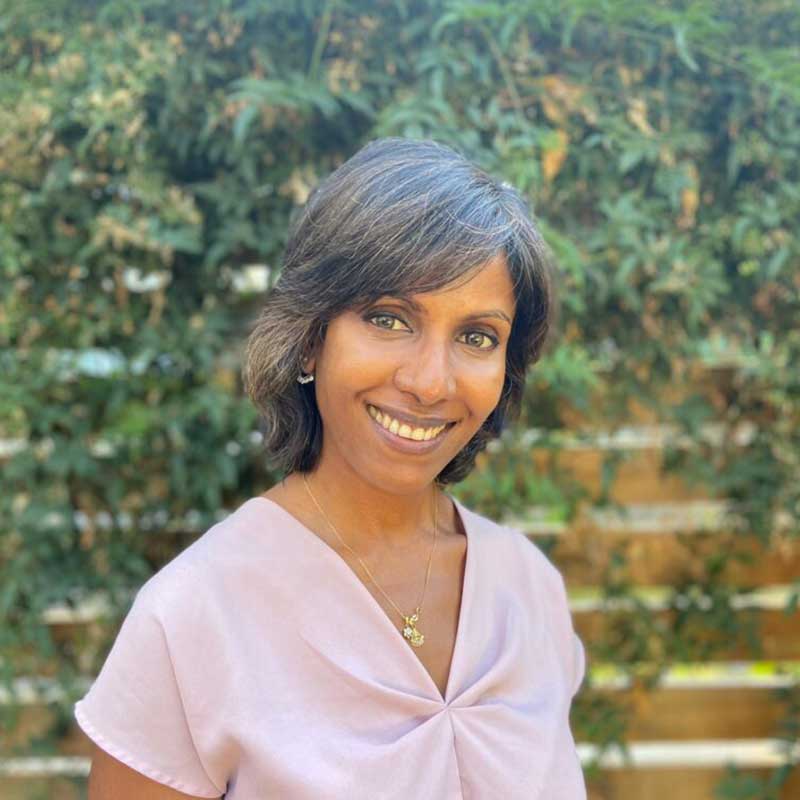

Our mission is huge: Reforest Lisbon’s vacant areas one FastForest® at a time. We cannot succeed without your help. Just like a single leaf can’t sustain an entire tree, transforming Lisbon’s green spaces relies on our entire community — including you.
You have the power to fight climate change — right here on the banks of the River Tejo. With the power of our brilliant community, we make Lisbon greener, cleaner, and more resilient to climate change.
With buildings, cars, and concrete, cities are hot. These urban heat islands are more susceptible to climate change impacts, such as poorer human health outcomes, increased pollution, and collapsed ecosystems.
Adding green space helps alleviate these negative effects — but only when done right. Urbem uses intentional forest design methods and 100% native plants to ensure positive benefits for all Lisboetas.
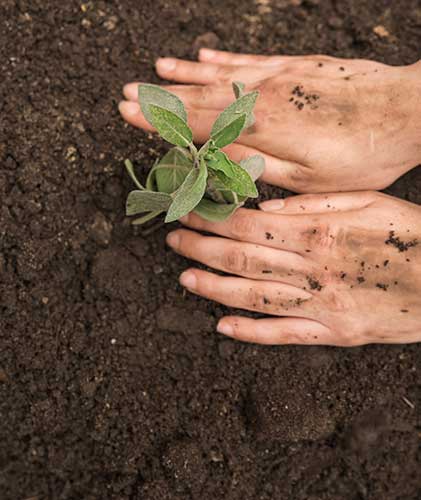
Many people believe that simply planting more trees is the answer, but this is only half the story. The solution is not as simple, especially when done without care or attention to what is being planted and how it is maintained. This is where our FastForests® (inspired by the Miyawaki method) come in.
This kind of high-density planting captures larger amounts of carbon as well as helping prevent water run-off and providing a habitat for local fauna through its rich biodiversity.
Urbem is a social collective made up entirely of volunteers. Our core team of volunteers help drive our passion to bring nature back into our cities.

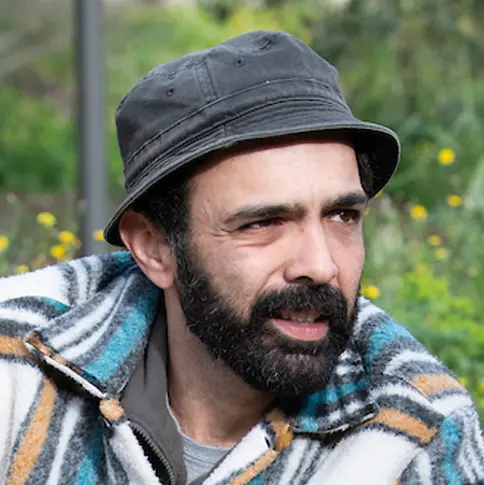

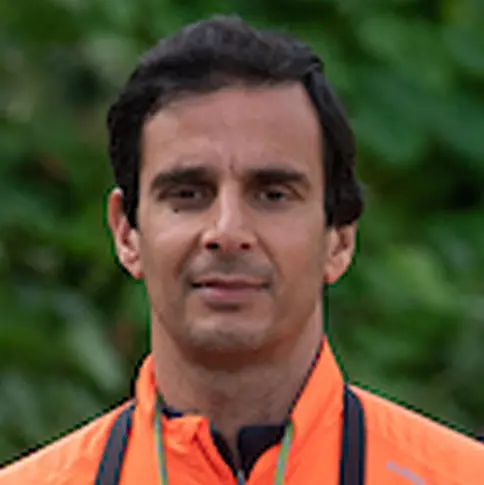

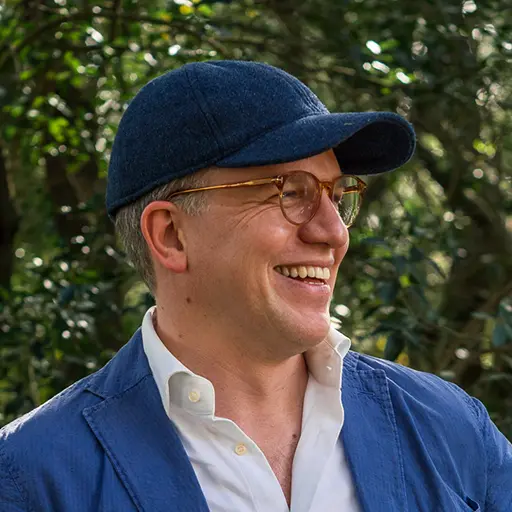
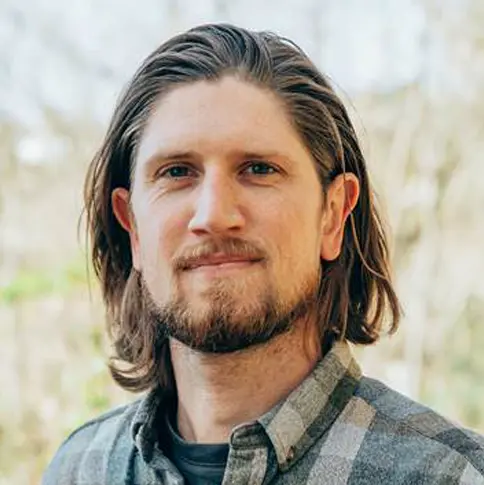
Learn more about native species, improve leadership skills, and gain valuable experience. You too can become an Urbem Forest Guardian.